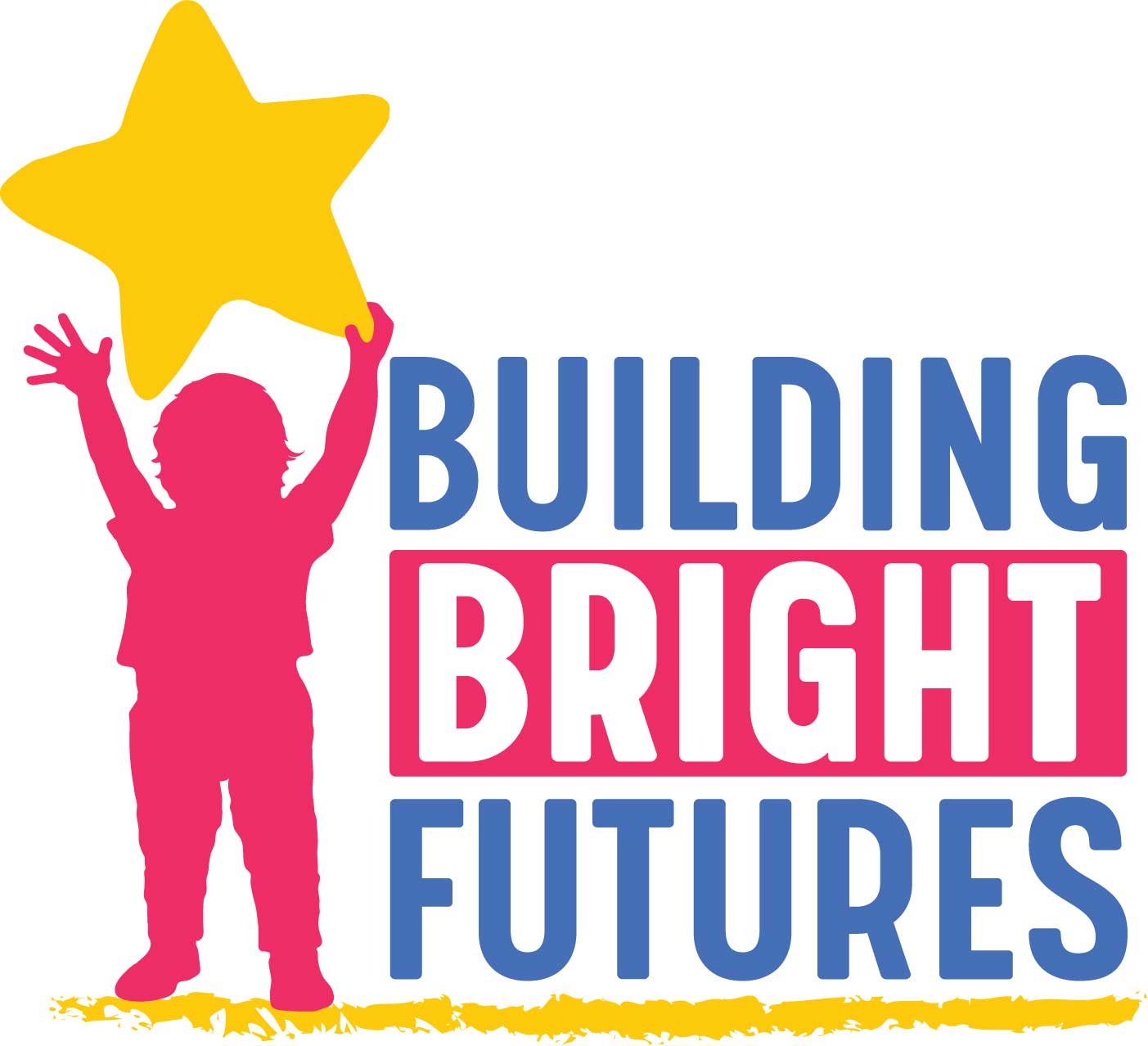The Building Bright Futures State Advisory Council met on Monday, November 26, 2018 in Williston. The objectives of the meeting were:
- To provide feedback and approval on the final draft of the How Are Vermont’s Young Children and Families Report;
- To endorse the recommendations of the Building Vermont’s Future from the Child Up Think Tank Report;
- To identify two key areas of focus for the SAC in 2019, informed by ideas generated at the October 22 Assembly of BBF State and Regional Councils.
At the beginning of the meeting, the SAC voted to welcome Amy Johnson, representing Vermont’s Parent Child Center Network, to the Council. Amy oversees the Parent Child Center at Northwest Counseling and Support Services in the Franklin & Grand Isle region.
The SAC then provided input on a new logo and tagline for Building Bright Futures, which will be rolled out in early 2019.
How Are Vermont’s Young Children and Families
The Council reviewed a draft of the 2019 How Are Vermont’s Young Children and Families report, including all chapter content and the Recommendations section. Council members also reviewed the purpose, goals and vision of the report to help ground any feedback. The SAC provided valuable input to further strengthen the content, and endorsed the overall direction of the report. The report will be release in January 2019.
Building Vermont’s Future from the Child Up Think Tank
The SAC walked through a final draft of the report from the Think Tank, with a focus on its six recommendations. This report represents the culmination of a multi-year effort to explore and develop recommendations for an enhanced, comprehensive, and integrated early care and learning system in Vermont, which incorporates the input of the Blue Ribbon Commission on Financing High Quality, Affordable Child Care, and the thinking of the Building Vermont’s Future From the Child Up Summit. The group also discussed how consensus was reached, and how dissenting opinions are captured in the report to ensure that everyone’s hard work and good thinking was captured. After discussion, State Advisory Council moved to endorse the report of the Building Vermont’s Future from the Child Up Think Tank as a set of recommendations that serve to inform the ongoing development of the 0-5 early care and learning system. The full report with be disseminated near the end of the year.
2019 SAC Priorities
At the October SAC & Regional Assembly, members of both the State Advisory Council and all of the Regional Councils came together to reflect on shared issues and priorities, and identify concrete actions most needed at the state level to improve our early childhood system and support the work of the regions. In November, the SAC explored the top four ideas that emerged during that discussion. They are:
- Develop recommendations about changes to Act 166 to inform legislators (proactive vs. reactive) starting from common ground across settings
- Early MTSS training and coaching and implementation statewide with dedicated staff for programs (mental health consultation)
- Expanding Early Childhood mental health (supports, services, consultation)
- Ensuring access to affordable Professional Development coursework. Relevant coursework that will help people advance in their work (access public and private settings)
SAC members had a robust discussion around how to prioritize among these important topics for 2019. They considered which topics would be actionable, feasible, urgent, and cross-cutting across early childhood sectors. The following were identified as priority areas:
- Expand and strengthen early childhood mental health supports, services, and consultation across multiple settings including, child care programs, schools, CIS, designated mental health agencies, medical homes, and other places where families might seek help.
- Expanding implementation of Early MTSS statewide as one strategy
- Using a whole family perspective
- Identify strategies to grow the early childhood workforce across sectors (early care and learning, mental health, etc.). Ensuring access to affordable professional development coursework and relevant coursework that will help people advance in their work could be one strategy to pursue. We will also look for opportunities to develop more clear career pathways via career and technical education and other means, and develop a pipeline for qualified early education professionals.





